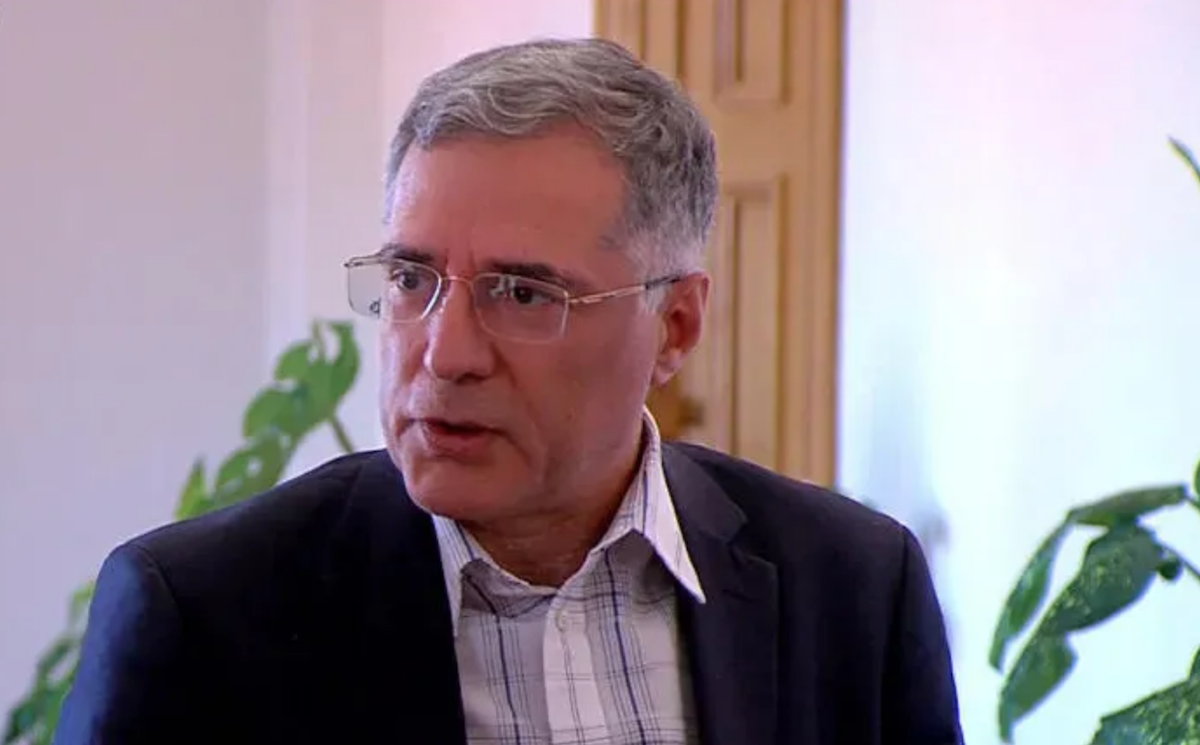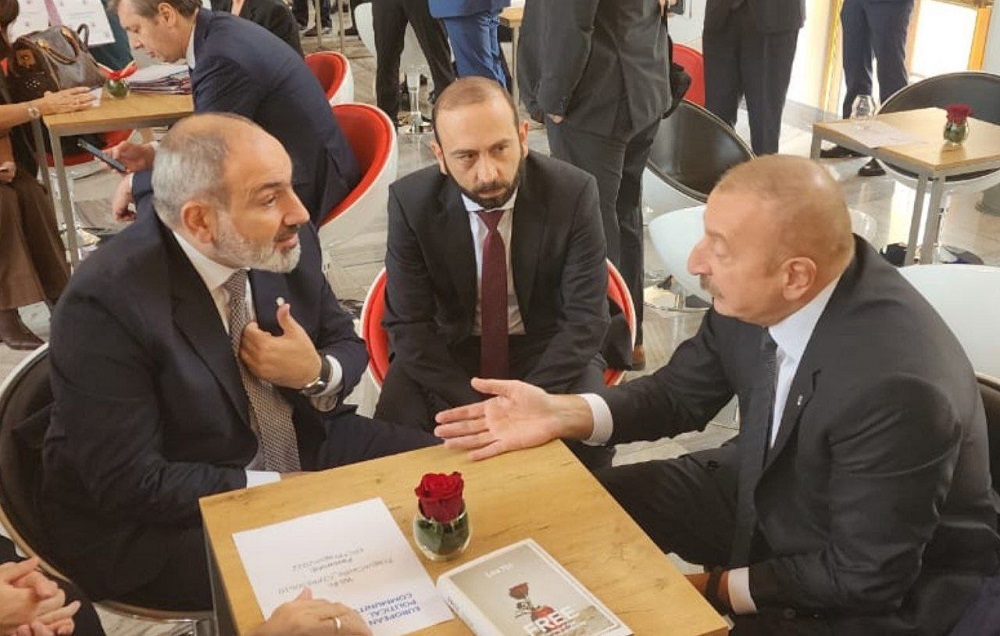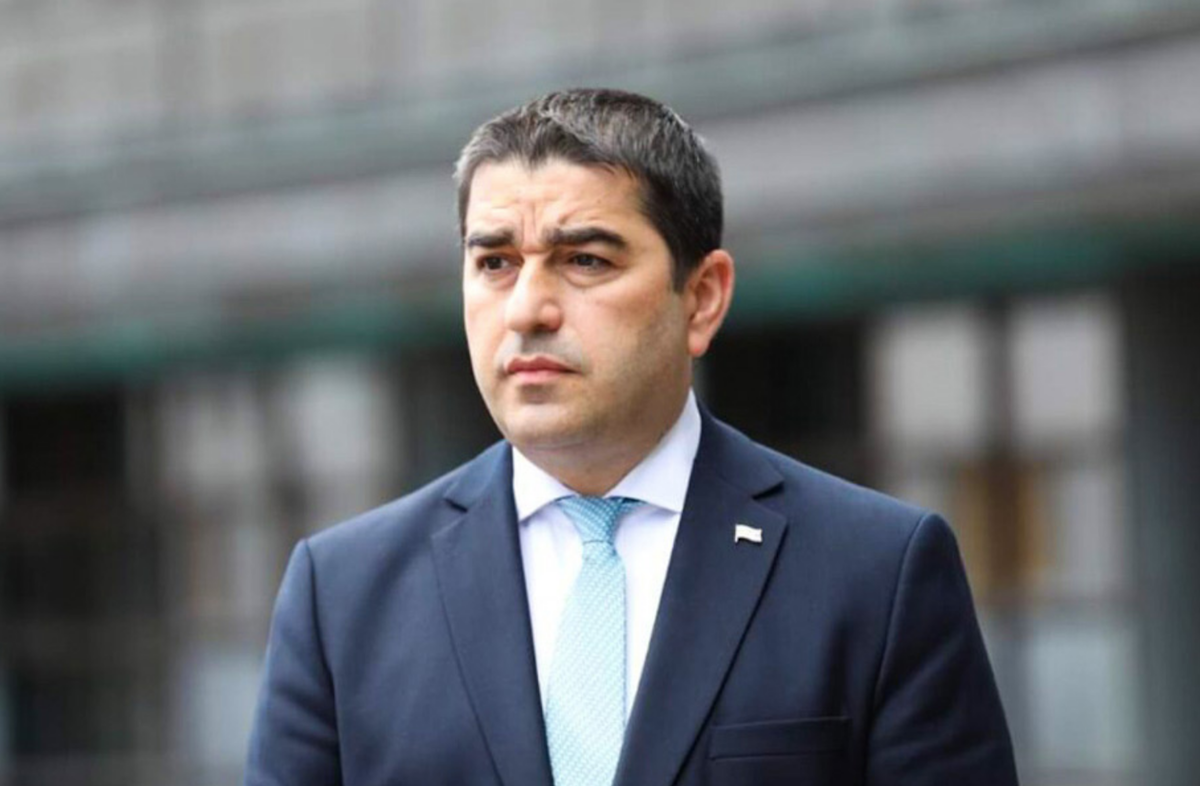Georgia lifts mandatory five-day quarantine for residents of Abkhazia
The mandatory five-day quarantine for persons crossing the administrative border to travel from Abkhazia to Georgia will be abolished, the Georgian government announced after the meeting of the Interagency Coordination Council.
Starting from April 19, the residents of the occupied territories will have to take a PCR test instead of a five-day quarantine.
Moreover, they will be able to voluntarily participate in the vaccination process.
As per the decision of the Interagency Coordination Council, individuals who have received two shots of the vaccine will be able to travel to Georgia in the future without having to take a PCR test.
Russia and Abkhazia: creeping ‘harmonization’
Coronavirus ‘hostages’ – these Georgians left Abkhazia for a couple of days, but cannot return home
The discussion on lifting the restrictions began after four people died a few days ago while crossing the Inguri River from Abkhazia.
Many non-governmental organizations believe that the reason for their death may be attributed to the strict regulations that the Georgian government introduced in regards to the residents of Abkhazia, specifically, the requirement to undergo a five-day quarantine.
Since 2017, the bridge across the Inguri River is the only road along which local residents can cross the administrative border of Abkhazia.
By the decision of the Abkhaz authorities, at the beginning of 2017, the number of checkpoints on the border was reduced from six to one, which significantly complicated the already difficult conditions under which the ethnic Georgians live in the Gali region.
The overwhelming majority of the population of the Gali region are ethnic Georgians who maintain close ties with Georgia.
Many of them also receive pensions in Georgia, and in order to receive money, they must regularly cross the bridge and travel to Georgia. Many others need to travel regularly in order to access medical treatment or buy food.
Crossing the Inguri bridge at any time is a difficult, time-consuming, and expensive procedure and it has become even more difficult due to the outbreak of the COVID-19 pandemic.
Georgia’s Minister for Reconciliation and Civil Equality, Tea Akhvlediani said in February that traffic on the Inguri Bridge, which was closed for almost a year due to the outbreak of the global pandemic, has resumed. However, local residents complain to the media that they are not allowed to cross the border and only pensioners and people with disabilities are allowed to pass.



















